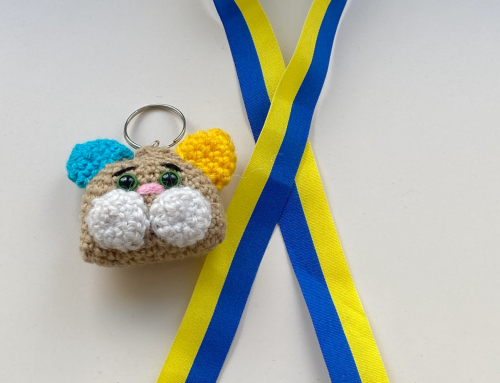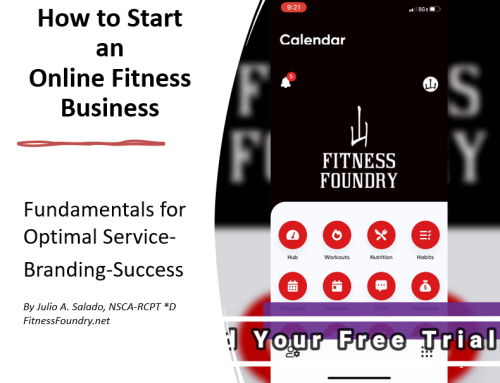Seniors who can bench more than you.
Age ain’t nothing but a number.
Fitness Contributor: Julio A. Salado., NSCA-CPT., USAW Coach
This article was posted in “Boston Magazine” online health blog on September 3, 2013.
For the last 10 years, Julio Salado, a certified personal trainer in Boston, has been training everyone from the weekend warrior to performance athletes. He specializes in rehab training, optimizing fitness assessments, and business development for new trainers/instructors. He also teaches Tai Chi, TRX and kettlebells, and if you aren’t following him on Twitter, you’re missing out. He regularly posts workouts and tips with photos. “My training is unique because of its seamless integration of exercise science and eastern holistic arts,” Salado says.
But his training is unique for another reason: the seniors in his gym can bench press more than you.
We caught up with Salado to ask him what it’s like to work with seniors, and if age really is nothing but a number.
What is different about training a senior rather than someone younger?
Training seniors or health seekers aged 70-plus is not that different from training athletes, pregnant women, or any other special population. Before we set foot in the gym, we begin the journey with a thorough fitness assessment. I review medical history, past/current physical activity, and then determine how much of their time is sedentary. We then do a musculoskeletal movement screen (it highlights and quantifies muscle imbalances). I create an exercise program for seniors based on movement which promotes neuromuscular activation.
Do you adjust or modify exercises based on age or is it more about fitness levels?
Yes, I do modify exercises, but not to the point where it becomes ineffective and not conducive to their goals. I always start with bodyweight exercises, using very few or no machines at all, and primarily emphasize movement in all anatomical planes of motion. Modification of exercise is usually due to specific irreversible limitations such as replaced knee or vestibular degeneration. I adapt the movement according to their current skill set. For example, if we are training for improved gait and balance, I will have them incrementally use less of a rail/wall for support until they are just tapping it for some stabilization rather than dependence.
Any great senior success stories?
I have senior who started with me in his late 70s. He was a handball player for many years but had to stop because of his degenerative arthritis in his knee. His main goal was to lose weight and avoid knee surgery for as long as possible. It’s been four years and he’s lost more than 80 pounds. He never needed knee surgery, and has improved his mobility and stamina. He has a renewed zest for traveling and bought a new wardrobe! Through exercise science, sensible nutrition, and daily discipline, he has had a total lifestyle makeover.
What is the key to training seniors?
It is important to keep their motivation and self confidence high. This is achieved with tangible and measurable results that carry over to their lifestyle and activities. Workouts should be simple yet challenging, effective, and fun. Learning or re-learning basic movements should be the foundation for all fitness programs. For example, relearning how to squat through bodyweight exercise has more musculoskeletal benefits than any leg machines. Exercises should challenge the core, balance, and improve functional movement necessary for daily activities.
What kind of advice or recommendations do you have for seniors who want to train?
My first suggestion is to get a medical clearance from your primary care provider. Next, write down one to three short and long term fitness goals. Consult with a fitness professional regarding how to initiate a fitness program conducive to those goals. Ask for variations that you can do at home. Lastly and most importantly, never underestimate your potential.





